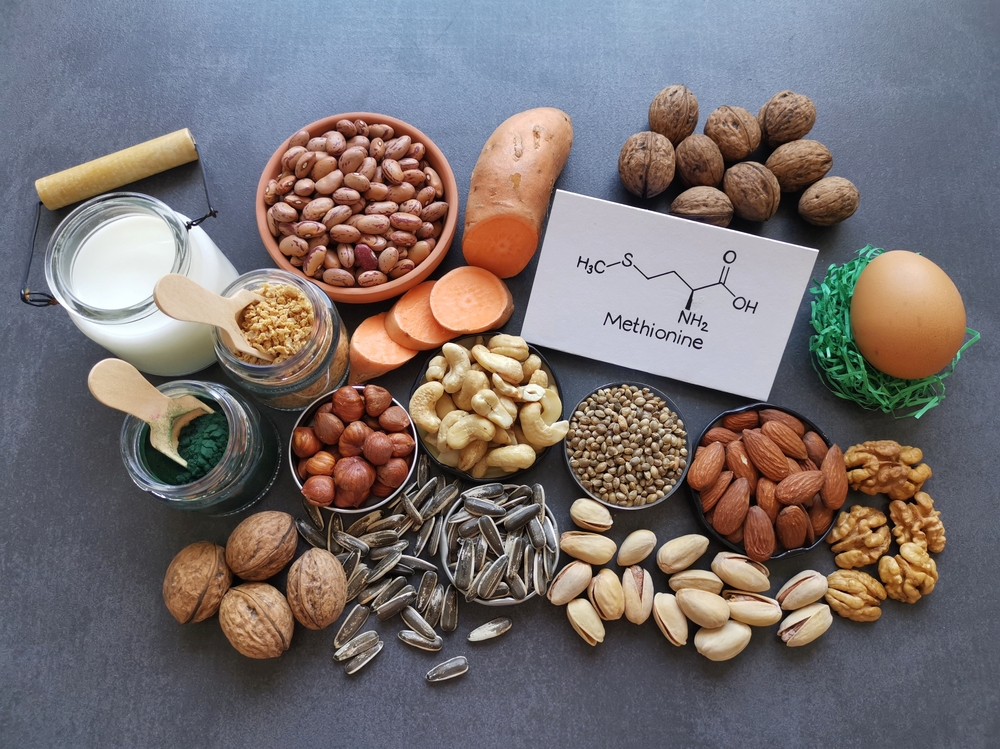The fitness world’s growing interest in natural performance enhancers has spotlighted taurine, an amino acid that demonstrates remarkable potential for enhancing athletic performance. Recent research reveals how this naturally occurring compound supports everything from muscle development to recovery, offering athletes and fitness enthusiasts a science-backed approach to improving their workouts.
The biochemistry of performance
Taurine, classified as a conditional amino acid, plays fundamental roles in numerous physiological processes. Unlike essential amino acids, the body can synthesize taurine, but supplementation may provide additional benefits, particularly during periods of intense physical activity or stress.
Taurine is involved in a wide range of biochemical activities, from supporting electrolyte balance to protecting against oxidative damage. This unique amino acid stabilizes cellular membranes, helping cells withstand the stress of intense physical activity. It also plays a role in calcium signaling, which is essential for muscle contraction and efficient energy production.
Moreover, taurine acts as an antioxidant, neutralizing harmful free radicals generated during exercise. By preventing oxidative stress, it reduces the risk of muscle damage and improves recovery times, allowing athletes to train more effectively without compromising their long-term health.
Exercise performance enhancement
Taurine’s impact on athletic performance manifests through multiple mechanisms, providing comprehensive support for endurance, recovery, and focus.
Inflammation regulation
During intense workouts, the body’s inflammatory response is activated, which can lead to muscle soreness and fatigue. Taurine helps regulate this response, reducing inflammation markers and preventing prolonged discomfort. This anti-inflammatory effect enables quicker recovery, allowing athletes to return to training sooner and maintain a consistent routine.
Cognitive function optimization
Physical performance often relies on mental clarity and focus, especially during challenging workouts. Taurine has been shown to enhance cognitive function by improving reaction times and mental endurance. Athletes who incorporate taurine report better focus and an improved ability to maintain proper form during prolonged or intense exercise sessions.
Endurance capacity expansion
Taurine directly supports endurance by improving mitochondrial function, which enhances the body’s ability to utilize oxygen efficiently. This leads to better energy production, reduced muscle fatigue, and improved performance in aerobic activities such as running, cycling, or swimming. Enhanced calcium handling within muscle cells further contributes to increased stamina and longer training sessions.
Cardiovascular and recovery benefits
Taurine’s benefits extend beyond muscles and focus—it offers significant cardiovascular and recovery advantages.
Athletes often rely on cardiovascular efficiency for optimal performance. Taurine supports heart health by improving the contractile function of heart muscles and promoting better blood flow. This ensures that oxygen and nutrients are delivered effectively to working muscles, improving overall performance.
When it comes to recovery, taurine helps reduce exercise-induced muscle damage by minimizing oxidative stress. It also aids in replenishing glycogen stores, which are essential for restoring energy levels after intense workouts. This combination of benefits allows athletes to recover faster and train harder.
Practical supplementation strategies
To fully reap taurine’s fitness benefits, a strategic approach to supplementation is key.
Natural sources
For those looking to boost taurine levels naturally, certain foods are excellent sources. Lean meats, fish, shellfish, dairy products, and eggs are particularly rich in taurine. Including these in a balanced diet ensures a steady supply of this beneficial amino acid without the need for excessive supplementation.
Supplementation guidelines
Athletes seeking to maximize taurine’s benefits may consider supplements. Timing is crucial—taking taurine 30 to 60 minutes before workouts can enhance performance and reduce post-exercise fatigue. Dosages typically range between 1 and 3 grams daily, but it’s essential to consult a healthcare professional to determine the appropriate amount based on individual needs and health conditions.
Integration into fitness routines
Incorporating taurine into a broader fitness strategy requires thoughtful planning and consistency.
To achieve the best results, athletes should integrate taurine supplementation into a well-rounded fitness plan that includes proper nutrition, regular exercise, and adequate rest. Tracking progress and making adjustments over time can help fine-tune the benefits of taurine, ensuring it complements other performance-enhancing strategies.
Combining taurine with other supplements, such as BCAAs or creatine, may further enhance its effects. However, it’s important to avoid over-supplementation and to maintain a balanced approach to nutrition and training.
Taurine’s growing impact
As research continues to uncover the many benefits of taurine, its role in fitness and athletic performance is becoming increasingly recognized.
From improving endurance and focus to supporting cardiovascular health and recovery, taurine offers a comprehensive range of benefits that can enhance both physical and mental performance. For athletes and fitness enthusiasts, this amino acid represents a valuable tool in achieving their training goals and maintaining long-term health.
Understanding how taurine works and incorporating it effectively into a fitness regimen is key to unlocking its full potential. Whether obtained through diet or supplements, taurine provides a natural and science-backed way to elevate athletic performance and recovery, paving the way for healthier, more efficient workouts.















